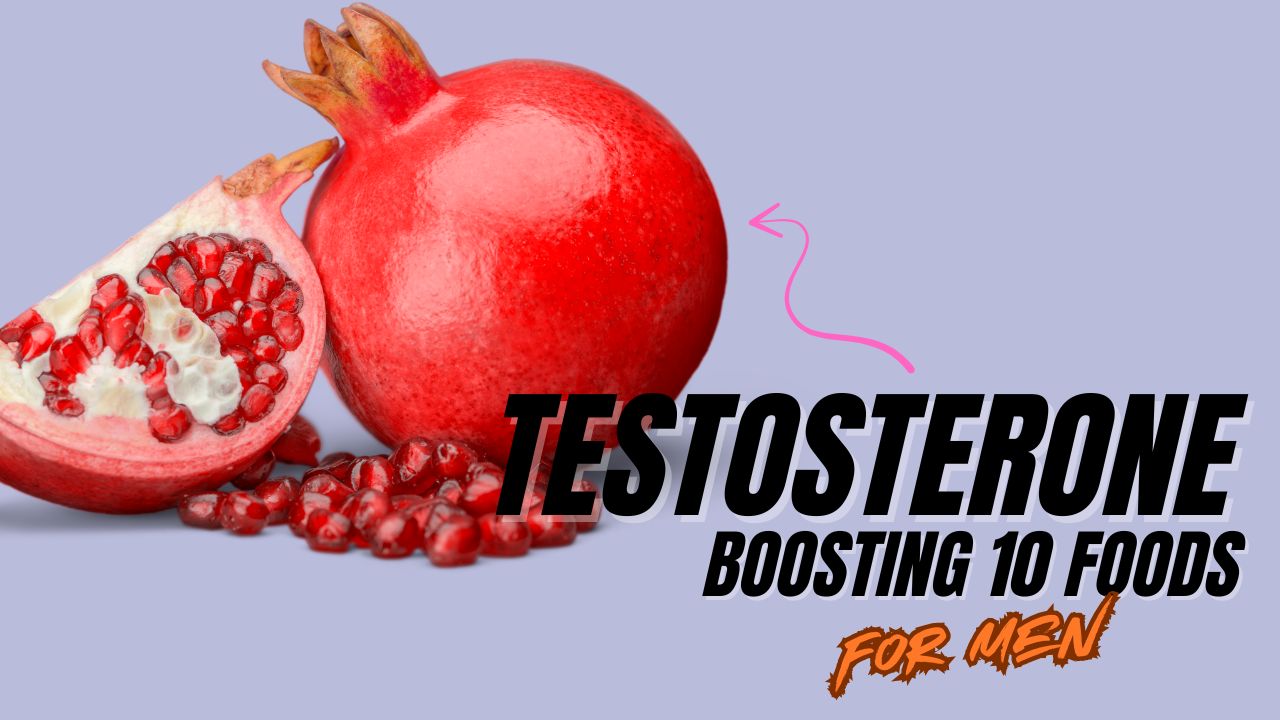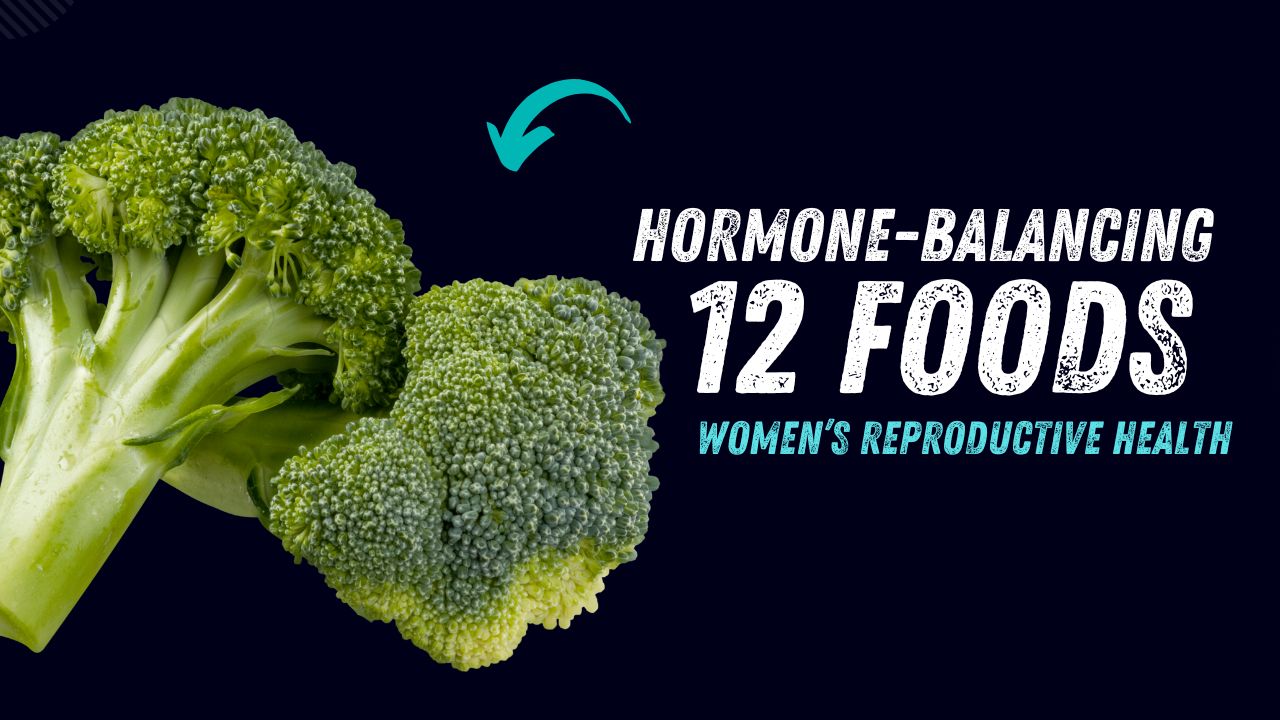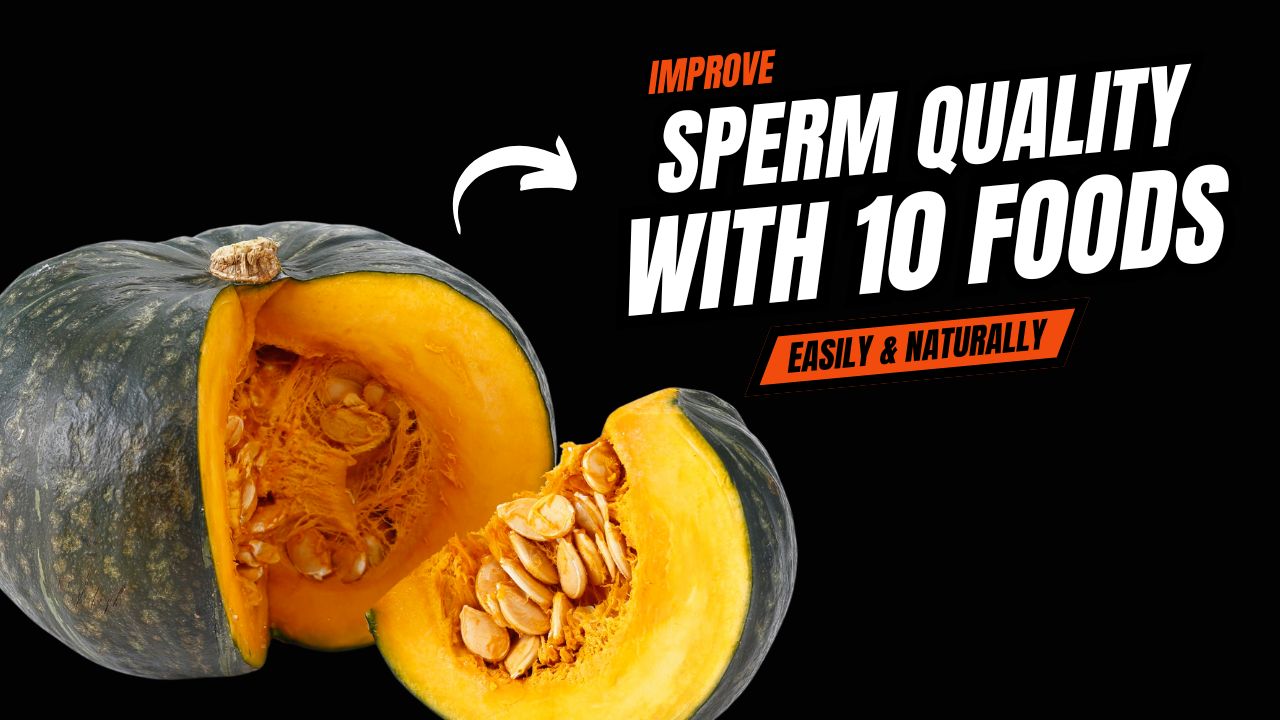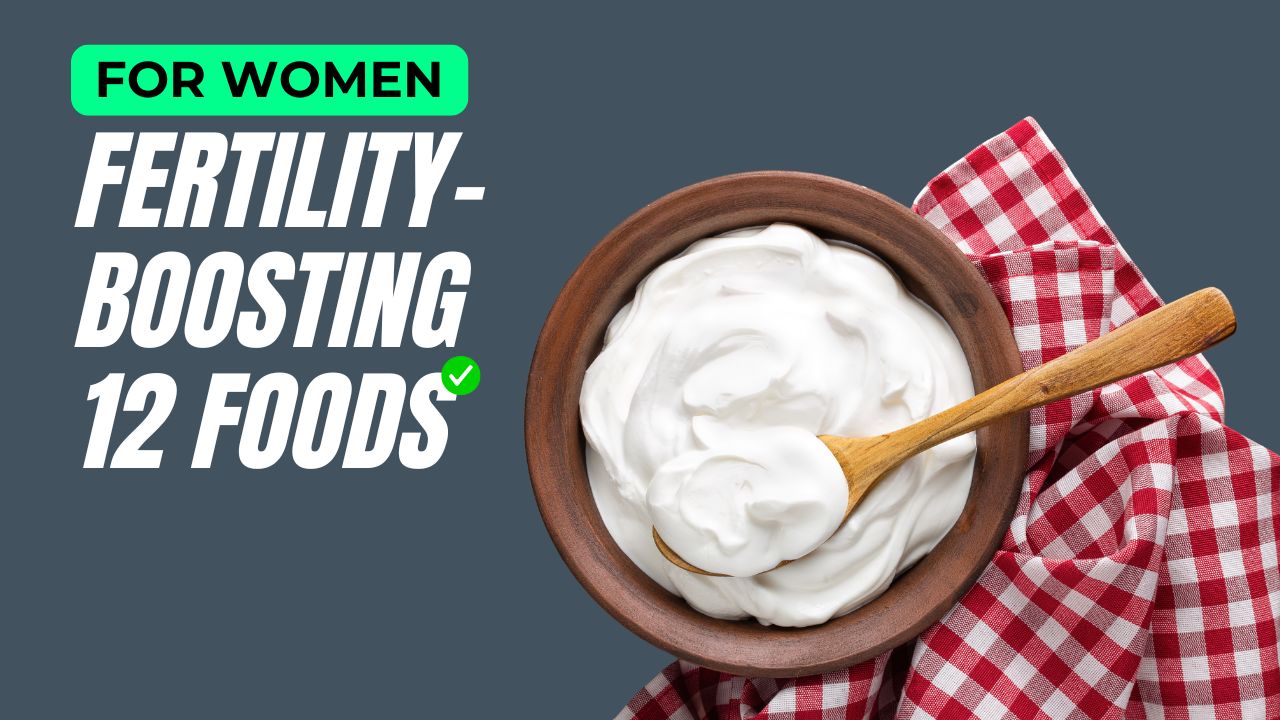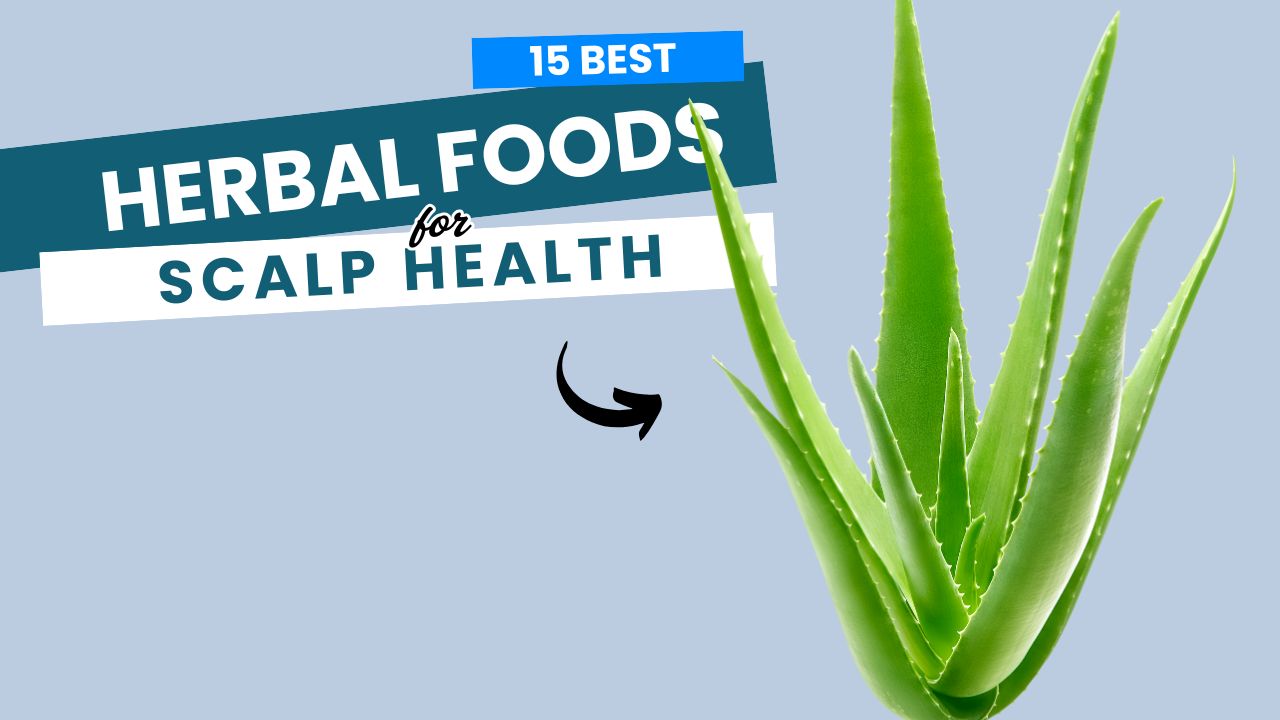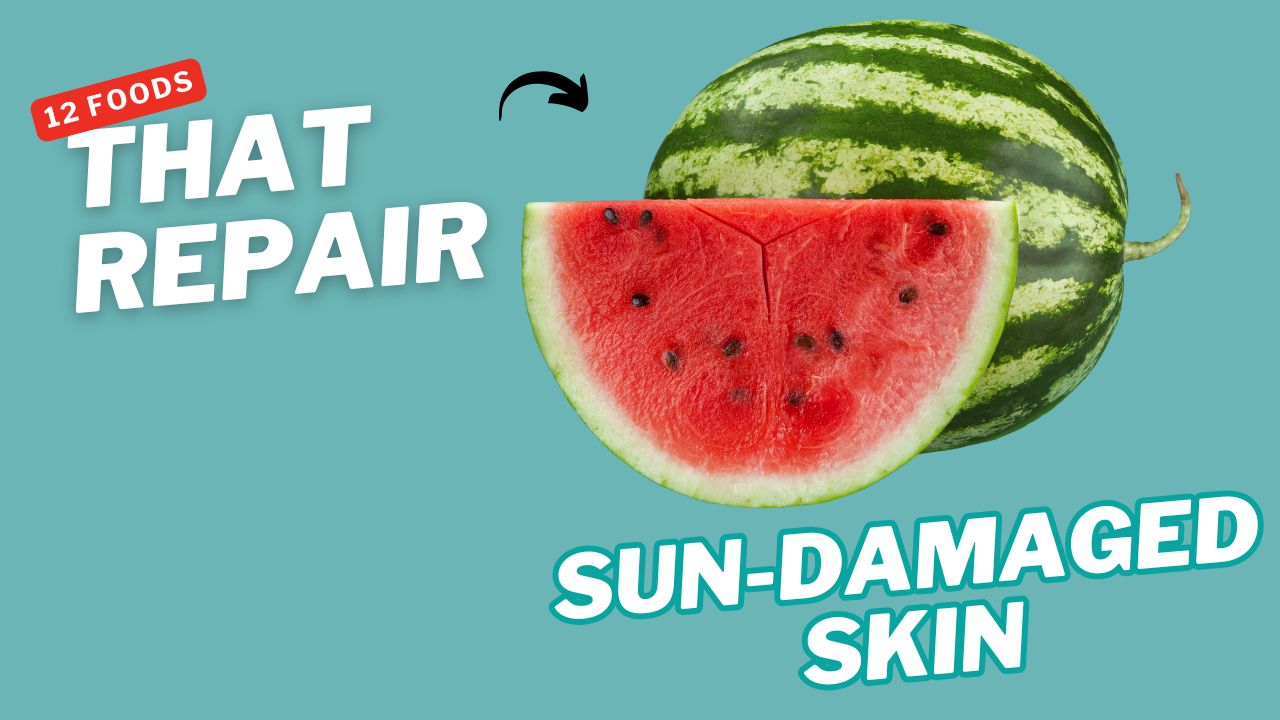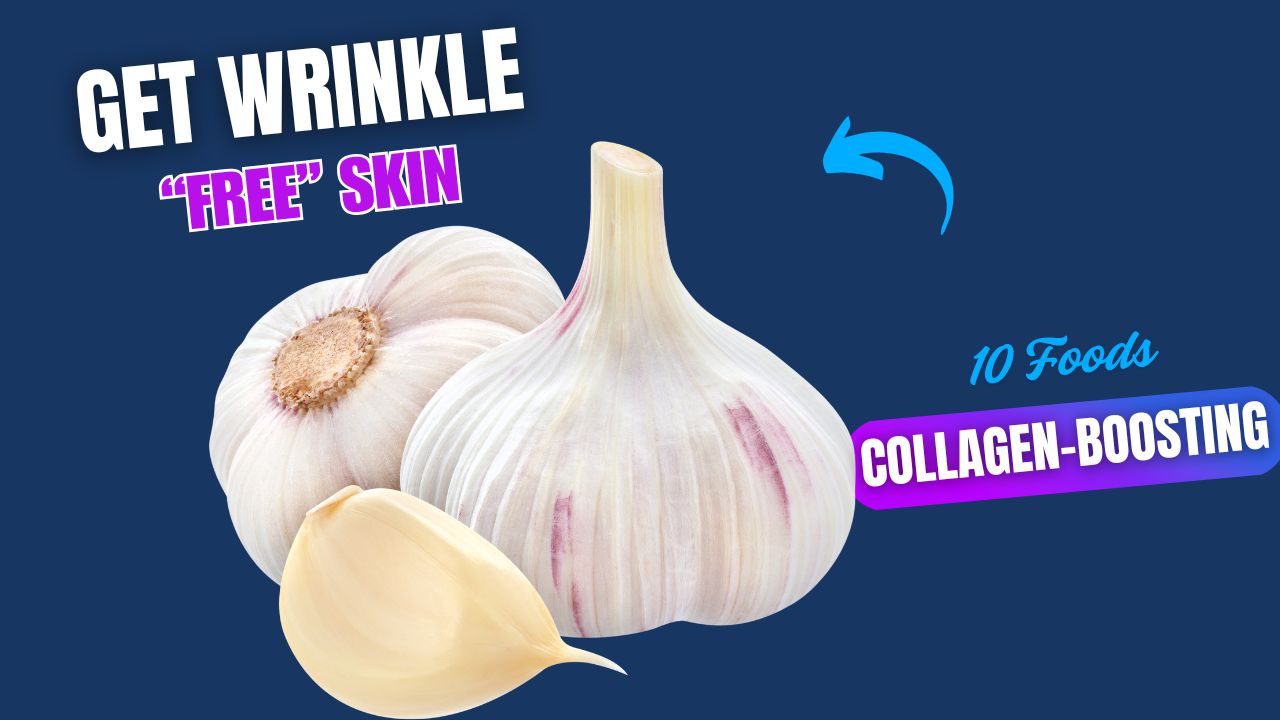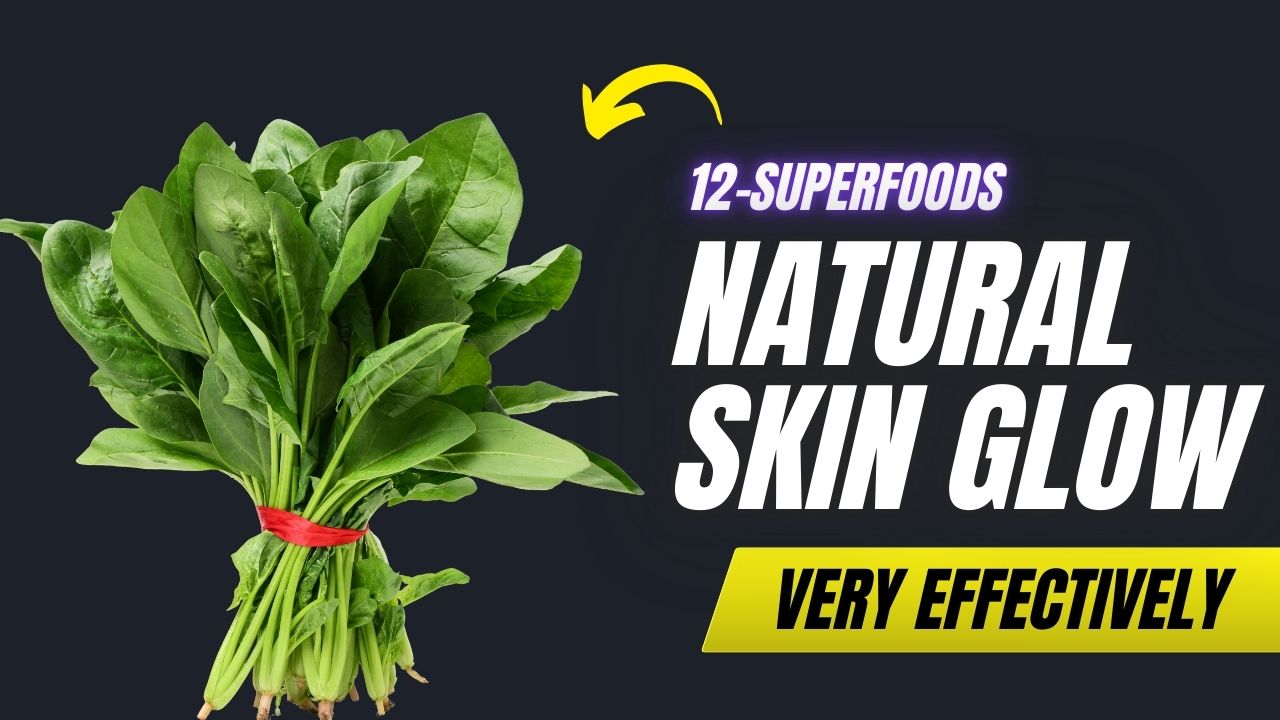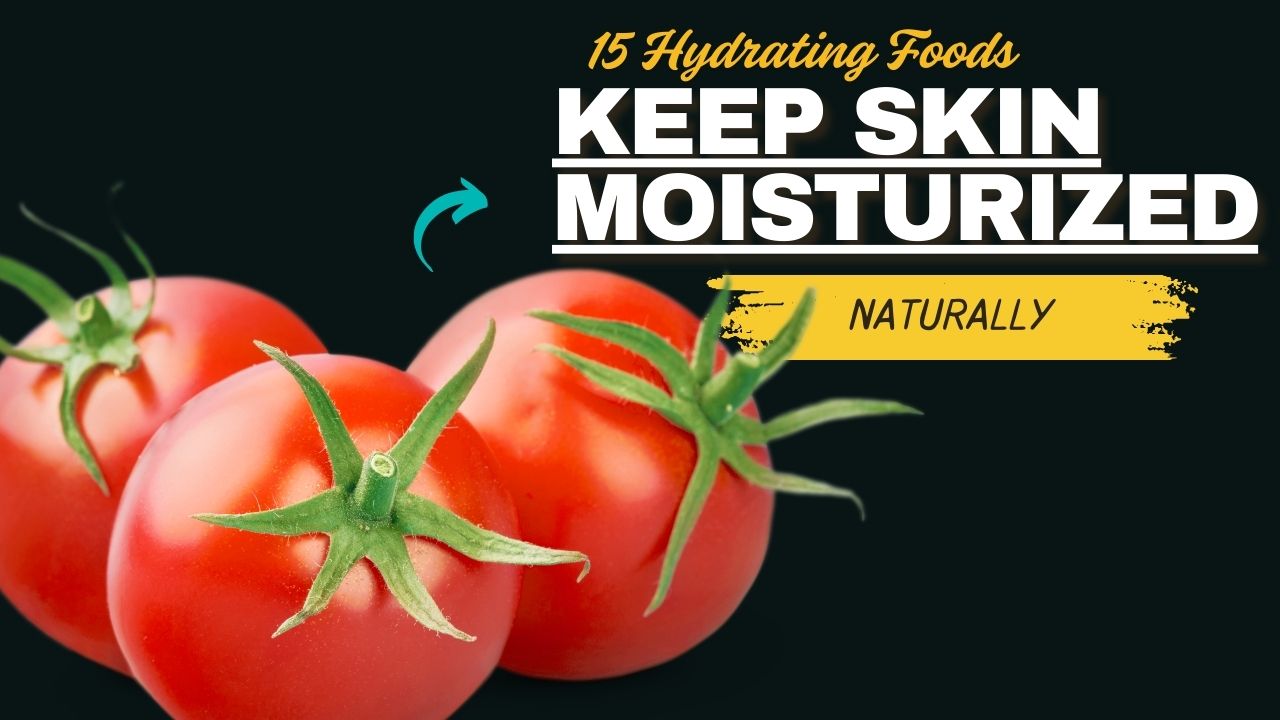Did you know that many scalp problems, such as dryness, dandruff, and even hair thinning, can often be linked to nutritional deficiencies rather than just external factors like shampoos or hair oils?
While hair products can temporarily improve appearance, the real foundation of a healthy scalp begins from within—through the foods you eat.
In traditional medicine systems like Ayurveda, Chinese medicine, and folk remedies across the world, certain herbs and plant-based foods have long been celebrated for nourishing the scalp, strengthening hair roots, and promoting natural growth.
Modern research has also revealed that these herbal foods are rich in antioxidants, essential fatty acids, vitamins, and minerals that directly impact scalp circulation, hydration, and follicle strength.
In this article, we’ll dive deep into 15 powerful herbal foods that can improve scalp health. You’ll learn:
- Their unique scalp and hair benefits.
- The best ways to eat or use them.
- Who should eat or avoid them.
- Storage and buying tips.
- Do’s & don’ts for maximizing their effectiveness.
- Possible side effects to keep in mind.
Let’s unlock nature’s pharmacy for your scalp!
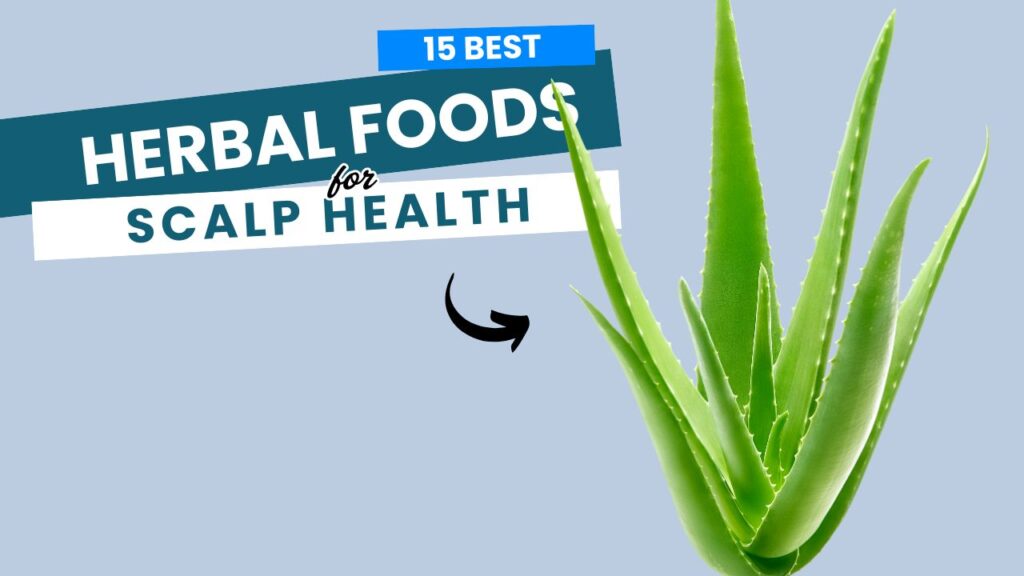
Table of Contents
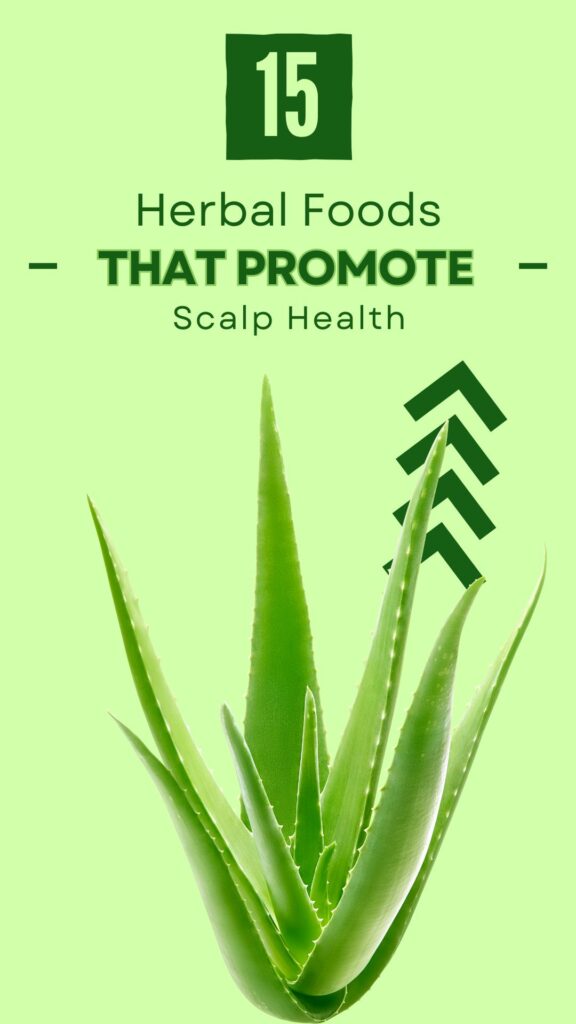
15 Herbal Foods For Healthy Scalp
1. Fenugreek Seeds (Methi)
Fenugreek seeds are a traditional scalp superfood packed with protein, iron, and nicotinic acid, all of which strengthen hair follicles and combat dandruff.
Best Ways to Eat or Use It
- Soak overnight and consume with warm water.
- Grind soaked seeds into a paste for a natural scalp mask.
- Add sprouted fenugreek seeds to salads.
Who Should Eat / Avoid
- Good for: People with hair thinning, dandruff, or scalp irritation.
- Avoid/Limit if: You have low blood sugar or are on diabetes medication (may lower blood sugar further).
Storage & Buying Tips
- Buy whole, organic seeds for freshness.
- Store in an airtight container away from moisture.
Do’s & Don’ts
✅ Do: soak seeds before consuming.
❌ Don’t: eat raw in large amounts—they can be bitter.
Possible Side Effects
- May cause mild stomach upset if consumed in excess.
2. Aloe Vera
Often called the “plant of immortality,” aloe vera is not just for skin—it soothes scalp inflammation and hydrates deeply.
Best Ways to Eat or Use It
- Blend fresh gel into smoothies.
- Apply directly as a scalp mask.
- Mix with lemon juice for detox drinks.
Who Should Eat / Avoid
- Good for: People with itchy, flaky scalps or sun-damaged skin.
- Avoid/Limit if: You have sensitive digestion—aloe can act as a laxative.
Storage & Buying Tips
- Use fresh aloe leaves for maximum potency.
- Refrigerate cut leaves to extend freshness.
Do’s & Don’ts
✅ Do: use fresh gel within 24 hours.
❌ Don’t: consume latex (yellow sap under the skin).
Possible Side Effects
- Overconsumption may cause diarrhea or stomach cramps.
3. Curry Leaves
Curry leaves are rich in antioxidants, vitamin A, and amino acids that restore scalp health and prevent premature greying.
Best Ways to Eat or Use It
- Add to curries, soups, or herbal teas.
- Dry and powder for smoothies.
- Infuse in hair oil for scalp massage.
Who Should Eat / Avoid
- Good for: Those struggling with premature greying or weak roots.
- Avoid/Limit if: No major restrictions, but excessive intake may upset digestion.
Storage & Buying Tips
- Store fresh leaves in a paper towel inside the fridge.
- Dried curry leaves retain aroma for months.
Do’s & Don’ts
✅ Do: use both fresh and dried forms.
❌ Don’t: fry at very high heat—it destroys nutrients.
Possible Side Effects
- Rare, but too much may cause acidity.
4. Basil (Tulsi)
Basil leaves purify the blood, reduce scalp infections, and improve circulation for healthier follicles.
Best Ways to Eat or Use It
- Brew into herbal tea.
- Add to soups, salads, or pesto.
- Grind into paste and apply to scalp.
Who Should Eat / Avoid
- Good for: People prone to scalp infections.
- Avoid/Limit if: Pregnant women (consult doctor before heavy intake).
Storage & Buying Tips
- Keep fresh basil in a glass of water or refrigerate wrapped in damp cloth.
Do’s & Don’ts
✅ Do: add raw basil to meals.
❌ Don’t: overcook—it loses aroma and nutrients.
Possible Side Effects
- Can thin blood when consumed in large amounts.
5. Rosemary
Rosemary improves scalp circulation and reduces dandruff with its natural antifungal properties.
Best Ways to Eat or Use It
- Brew rosemary tea.
- Use dried leaves in roasts and soups.
- Infuse in olive oil for scalp massage.
Who Should Eat / Avoid
- Good for: People with poor scalp circulation and thinning hair.
- Avoid/Limit if: You have high blood pressure or epilepsy.
Storage & Buying Tips
- Store fresh sprigs wrapped in paper towel in fridge.
- Dried rosemary lasts long in airtight jars.
Do’s & Don’ts
✅ Do: combine with olive oil for hair masks.
❌ Don’t: consume concentrated essential oil directly.
Possible Side Effects
- Overconsumption may cause nausea.
6. Ginger
Known for its warming effect, ginger boosts blood flow to the scalp and reduces dandruff.
Best Ways to Eat or Use It
- Add fresh slices to tea.
- Use in stir-fries and soups.
- Mix ginger juice with carrier oil for scalp massage.
Who Should Eat / Avoid
- Good for: People with sluggish circulation.
- Avoid/Limit if: You’re on blood-thinning medications.
Storage & Buying Tips
- Choose firm roots, store in cool dry place.
- Refrigerate cut ginger.
Do’s & Don’ts
✅ Do: use fresh ginger for potency.
❌ Don’t: overuse powder—it’s concentrated.
Possible Side Effects
- May cause acidity if overused.
7. Turmeric
Turmeric is rich in curcumin, a powerful anti-inflammatory that keeps scalp infections at bay.
Best Ways to Eat or Use It
- Add to curries, soups, and golden milk.
- Use turmeric masks with aloe vera for scalp health.
Who Should Eat / Avoid
- Good for: People with itchy or infected scalps.
- Avoid/Limit if: You have gallbladder issues.
Storage & Buying Tips
- Use fresh turmeric root for stronger benefits.
- Store powder in airtight jars.
Do’s & Don’ts
✅ Do: pair with black pepper for absorption.
❌ Don’t: consume too much—it can stain teeth and upset stomach.
Possible Side Effects
- High doses may thin blood.
8. Neem
Neem is a centuries-old herbal remedy for dandruff, lice, and scalp infections.
Best Ways to Eat or Use It
- Drink neem tea (mild doses).
- Apply neem paste or oil to scalp.
Who Should Eat / Avoid
- Good for: Those with persistent dandruff or oily scalp.
- Avoid/Limit if: Pregnant or breastfeeding.
Storage & Buying Tips
- Store dried neem leaves in airtight jars.
Do’s & Don’ts
✅ Do: dilute neem oil before applying.
❌ Don’t: consume in excess—it can be toxic.
Possible Side Effects
- Bitter taste, digestive upset if overused.
9. Mint
Mint cools the scalp, improves circulation, and helps control oiliness.
Best Ways to Eat or Use It
- Brew mint tea.
- Add fresh leaves to salads and smoothies.
- Use mint-infused water for scalp rinses.
Who Should Eat / Avoid
- Good for: People with oily, itchy scalp.
- Avoid/Limit if: You have acid reflux.
Storage & Buying Tips
- Store wrapped in damp paper towel in fridge.
Do’s & Don’ts
✅ Do: add fresh mint to water daily.
❌ Don’t: overuse peppermint oil on scalp—it may cause burning.
Possible Side Effects
- Excess may cause heartburn.
10. Garlic
Garlic boosts collagen production, strengthens scalp tissues, and prevents hair breakage.
Best Ways to Eat or Use It
- Add raw garlic to salads.
- Use in cooking for flavor.
- Infuse garlic oil for scalp massage.
Who Should Eat / Avoid
- Good for: Weak scalp and brittle hair.
- Avoid/Limit if: You’re on blood thinners.
Storage & Buying Tips
- Store bulbs in a dry, dark place.
Do’s & Don’ts
✅ Do: crush before eating to activate compounds.
❌ Don’t: overuse raw garlic—it’s strong.
Possible Side Effects
- May cause bad breath, stomach irritation.
11. Sage
Sage has been used for centuries in traditional medicine to promote strong hair and a healthy scalp. It contains antioxidants, vitamins A, C, and K, and essential oils that stimulate circulation and prevent scalp buildup.
Best Ways to Eat or Use It
- Brew fresh or dried sage leaves into a tea.
- Add to roasted vegetables, soups, or sauces for flavor.
- Prepare a sage rinse for the scalp by boiling leaves in water.
Who Should Eat / Avoid
- Good for: People with oily scalp or excess dandruff.
- Avoid/Limit if: You’re pregnant, breastfeeding, or have epilepsy (in large amounts).
Storage & Buying Tips
- Fresh sage should be stored wrapped in a damp towel inside the refrigerator.
- Dried sage lasts longer in airtight jars kept in a cool place.
Do’s & Don’ts
✅ Do: use sage tea as a natural scalp rinse.
❌ Don’t: overuse concentrated sage essential oil—it may irritate skin.
Possible Side Effects
- Consuming excessive sage may cause digestive issues or interact with medications.
12. Hibiscus
Known as the “flower of hair care,” hibiscus is rich in vitamin C, amino acids, and natural antioxidants that rejuvenate the scalp and encourage hair growth.
Best Ways to Eat or Use It
- Brew hibiscus petals into herbal tea.
- Make a hibiscus-infused oil or paste for scalp massage.
- Add dried hibiscus powder to smoothies.
Who Should Eat / Avoid
- Good for: People with weak hair follicles, itchy scalp, or hair fall.
- Avoid/Limit if: You’re pregnant or on low blood pressure medication (hibiscus may lower BP).
Storage & Buying Tips
- Fresh petals should be used quickly.
- Store dried hibiscus flowers in airtight jars.
Do’s & Don’ts
✅ Do: use hibiscus paste as a natural hair conditioner.
❌ Don’t: boil petals at very high heat—nutrients may be destroyed.
Possible Side Effects
- Overconsumption can lower blood pressure significantly.
13. Chamomile
Chamomile is soothing and calming—not just for your nerves, but also for your scalp. It helps reduce irritation, itchiness, and inflammation while promoting soft, shiny hair.
Best Ways to Eat or Use It
- Brew into calming tea.
- Use cooled chamomile tea as a scalp rinse.
- Mix chamomile powder into DIY hair masks.
Who Should Eat / Avoid
- Good for: People with sensitive scalps or scalp inflammation.
- Avoid/Limit if: You’re allergic to ragweed, daisies, or marigolds.
Storage & Buying Tips
- Store chamomile tea bags or dried flowers in a cool, dry place.
Do’s & Don’ts
✅ Do: use chamomile rinse for natural shine.
❌ Don’t: rely on chamomile as the only treatment for scalp infections.
Possible Side Effects
- May trigger allergic reactions in sensitive individuals.
14. Flaxseeds
Flaxseeds are loaded with omega-3 fatty acids, lignans, and vitamin E, all of which help moisturize the scalp, reduce inflammation, and strengthen hair roots.
Best Ways to Eat or Use It
- Sprinkle ground flaxseeds over salads, yogurt, or oatmeal.
- Blend into smoothies.
- Boil flaxseeds in water to create a natural hair gel for scalp application.
Who Should Eat / Avoid
- Good for: People with dry scalp, brittle hair, or scalp inflammation.
- Avoid/Limit if: You have digestive issues or hormone-sensitive conditions.
Storage & Buying Tips
- Buy whole flaxseeds and grind fresh as needed.
- Store ground seeds in the refrigerator to prevent rancidity.
Do’s & Don’ts
✅ Do: consume ground seeds for better absorption.
❌ Don’t: store ground seeds at room temperature—it spoils quickly.
Possible Side Effects
- May cause bloating or digestive discomfort if eaten in excess.
15. Spirulina
Spirulina is a nutrient-dense blue-green algae rich in protein, iron, B vitamins, and antioxidants. It supports scalp oxygenation, strengthens follicles, and helps combat hair thinning.
Best Ways to Eat or Use It
- Add spirulina powder to smoothies or juices.
- Mix into energy balls or baked goods.
- Use spirulina-infused masks for scalp nourishment.
Who Should Eat / Avoid
- Good for: People with nutrient deficiencies, thinning hair, or weak scalp tissues.
- Avoid/Limit if: You have autoimmune diseases or seafood allergies.
Storage & Buying Tips
- Store spirulina powder in an airtight container in a cool, dry place.
- Always buy from reputable brands to avoid contamination.
Do’s & Don’ts
✅ Do: start with small amounts (½ teaspoon daily).
❌ Don’t: overconsume—too much protein may strain the kidneys.
Possible Side Effects
- May cause mild digestive discomfort or allergic reactions in sensitive individuals.
Conclusion
Scalp health is not only about what you apply topically—it’s deeply influenced by what you nourish your body with.
From fenugreek and aloe vera to flaxseeds and spirulina, these 15 herbal foods bring a treasure trove of nutrients that hydrate, detoxify, and strengthen your scalp naturally.
The best part? Many of these foods double up as both internal nutrition and external remedies, giving you a holistic way to restore scalp balance and promote stronger, shinier hair.
Start small by adding 2–3 of these herbal foods into your daily diet or hair care routine. Over time, you’ll notice healthier scalp conditions and improved hair vitality.
Have you tried any of these scalp-friendly herbal foods before? Share your favorite preparation or scalp remedy in the comments—we’d love to know your secret for naturally healthy hair!
Frequently Asked Questions (FAQs)
Can herbal foods really improve scalp health?
Yes, herbal foods are packed with vitamins, minerals, antioxidants, and natural compounds that improve blood circulation, reduce inflammation, fight dandruff, and strengthen hair follicles, all of which contribute to a healthier scalp.
How long does it take to see results after adding these herbal foods to my diet?
Consistency is key. Most people notice visible improvements in scalp hydration, reduced dandruff, and healthier hair within 8–12 weeks of regular consumption and application.
Can I rely only on herbal foods and skip external hair care products?
While herbal foods provide deep internal nourishment, external care like mild shampoos, oils, and scalp massages still play an important role. A combination of both works best.
Are these herbal foods safe for everyone?
Generally, they’re safe, but some foods like neem, aloe vera, and spirulina may not be suitable for pregnant women, people with certain medical conditions, or those on specific medications. Always check with a healthcare provider if unsure.
Which herbal food is best for dandruff?
Neem, rosemary, fenugreek, and aloe vera are especially effective in reducing dandruff and soothing an itchy scalp.
Can I mix different herbal foods together for faster results?
Yes, many can be combined. For example, fenugreek and aloe vera make a powerful scalp mask, or flaxseeds and spirulina can be blended into a smoothie. Just avoid overuse.
Do these herbal foods help with hair regrowth too?
Yes. Foods like curry leaves, hibiscus, and rosemary not only improve scalp health but also stimulate dormant follicles, encouraging new hair growth.
Are there any side effects of overusing these foods?
Overconsumption can cause digestive issues, allergies, or blood thinning in some cases. Moderation is important, and topical use should be patch-tested first.
Do I need to consume all 15 herbal foods?
Not necessarily. Pick 3–5 herbal foods that are easily available to you and include them regularly. Variety is good, but consistency matters more.
Can these herbal foods replace medical treatments for scalp conditions?
They can support scalp health and reduce symptoms, but they are not substitutes for medical treatments. If you have persistent or severe scalp conditions, consult a dermatologist.
